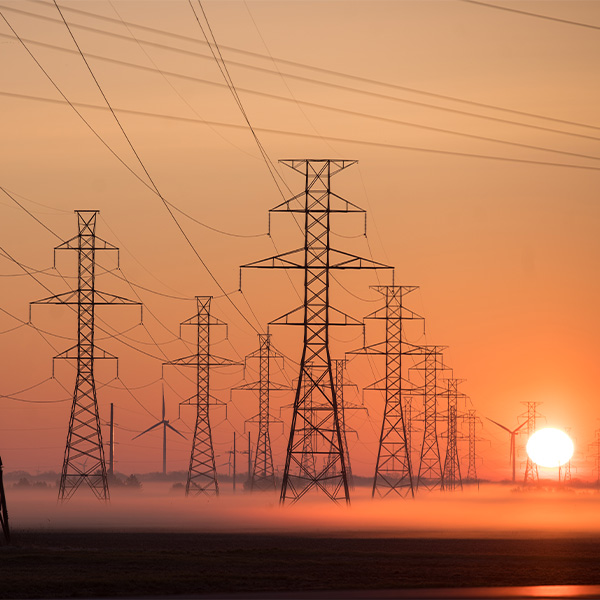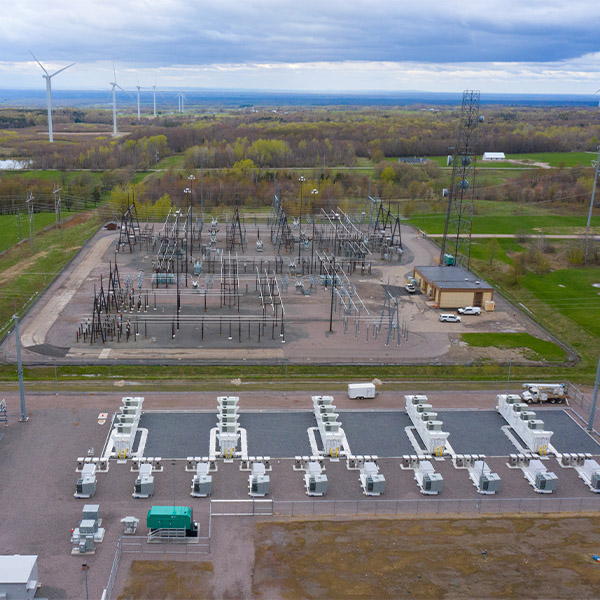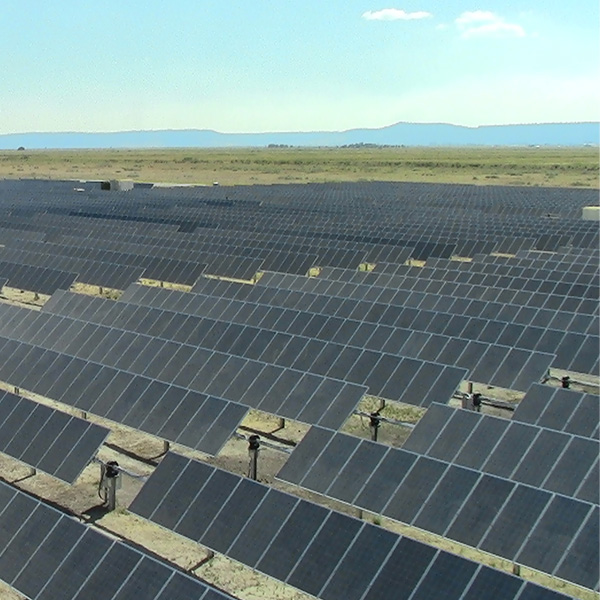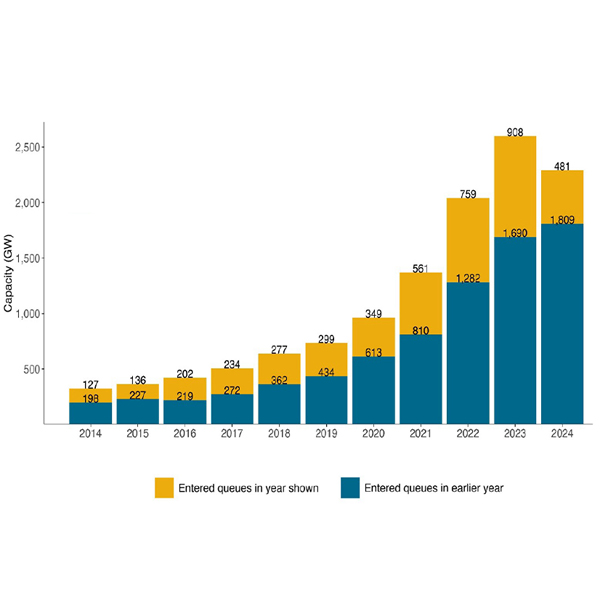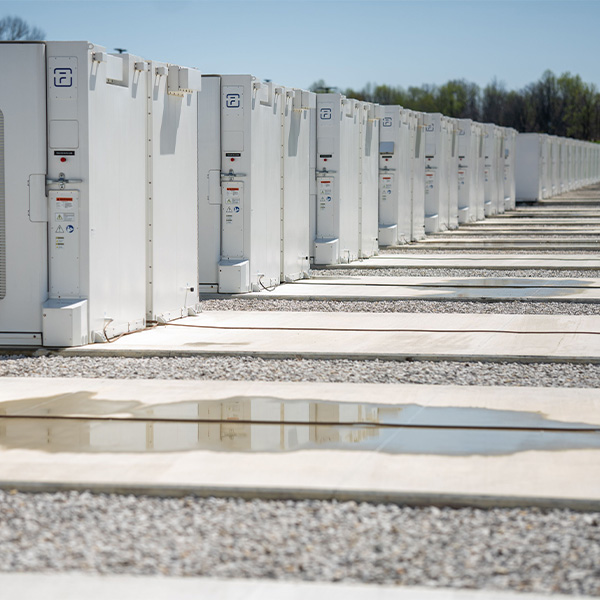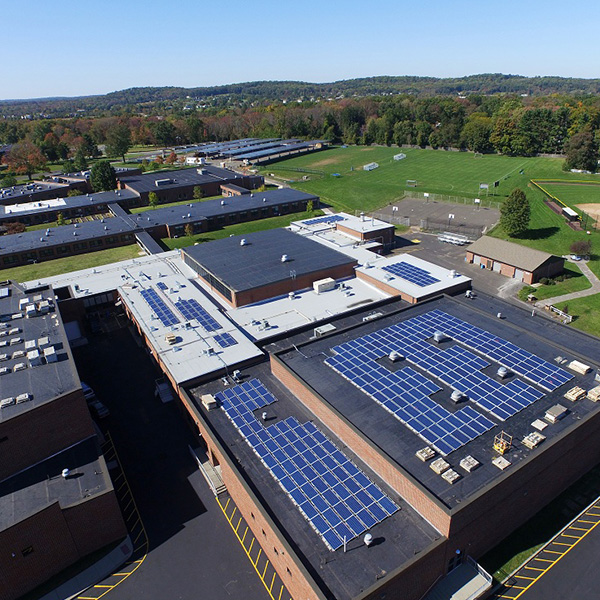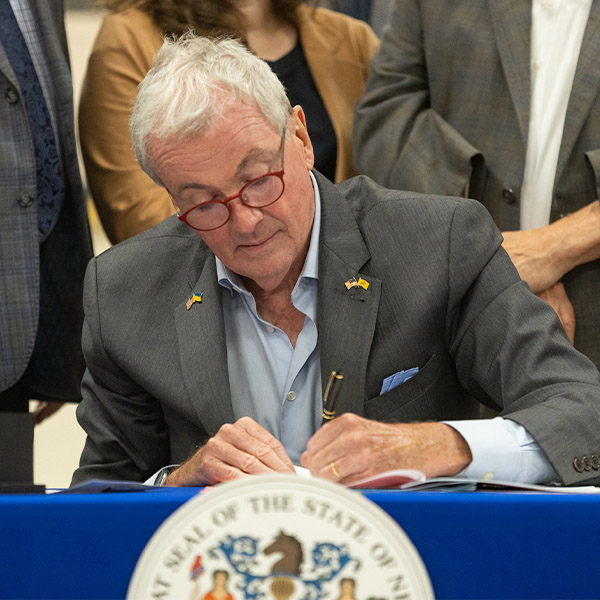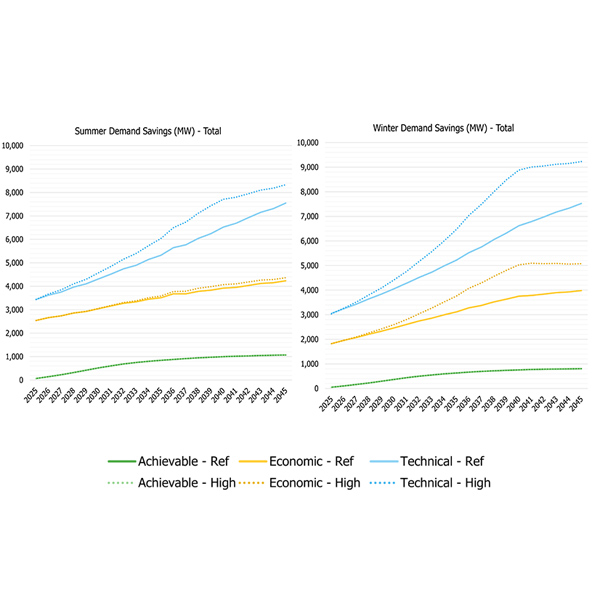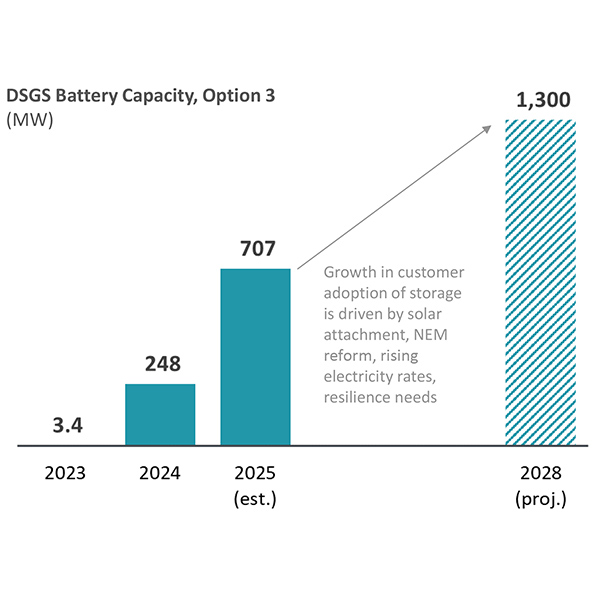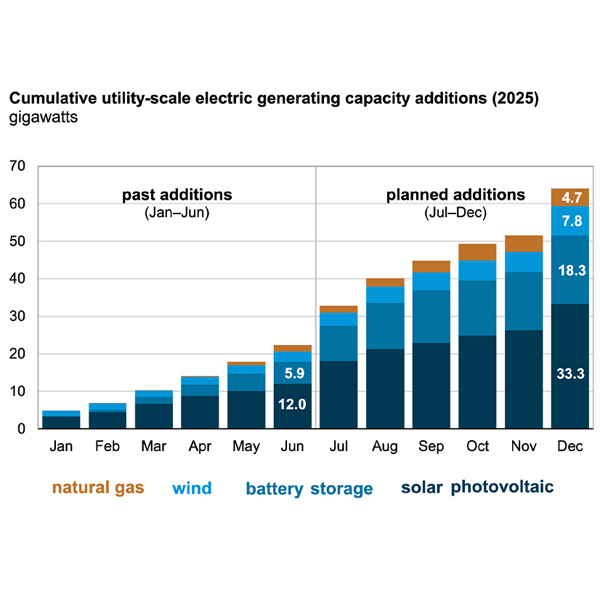Energy Storage
Parties filed their first briefs in the appeal of FERC Order 1920, which mandated changes to regional transmission planning and cost-allocation rules.
At a recent Budget and Priorities Working Group meeting, NYISO presented its final recommendations for 2026, which will define where the ISO puts its market design resources.
Oregon regulators have approved PacifiCorp's request for proposals for renewable resources, saying the utility must accept bids for resources with conditional firm transmission.
Two new data sets show the industry has started to cut back on record high interconnection queue levels from last year as reforms have started to take hold.
Investment bank Jefferies’ latest analysis finds the levelized cost of paired solar-plus-battery storage is cheaper than that of gas, saying slow turbine deliveries and inflationary equipment pricing makes the renewable alternative an “attractive” opportunity as data centers drive demand.
New Jersey's latest draft investment plan for its Regional Greenhouse Gas Initiative funds would broaden the state's portfolio to include electrifying multifamily housing and accelerating investment in wind and solar infrastructure.
Two laws signed by New Jersey Gov. Phil Murphy aim to dramatically expand the state’s community solar and storage incentive programs as the state searches for new generation sources to help meet a predicted energy shortfall.
IESO officials say they will release more information on how the ISO constructed its study of the potential for incremental energy savings in Toronto after stakeholders complained they lack enough details to comment meaningfully.
Clean energy advocates are urging California lawmakers to restore funding to a fast-growing distributed energy program that has shown its ability to support the grid during a test run.
The United States is on track for a record increase in power generation capacity in 2025, the U.S. Energy Information Administration reports.
Want more? Advanced Search
